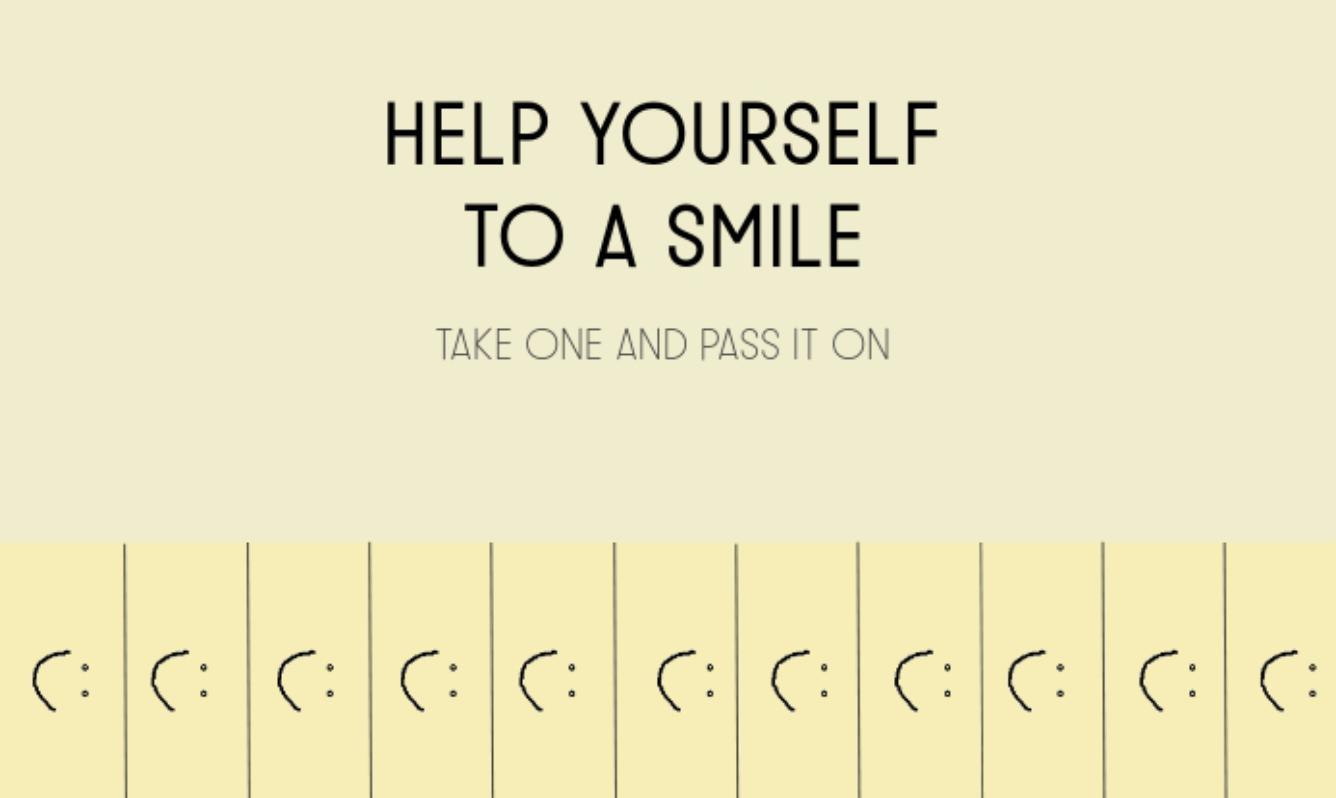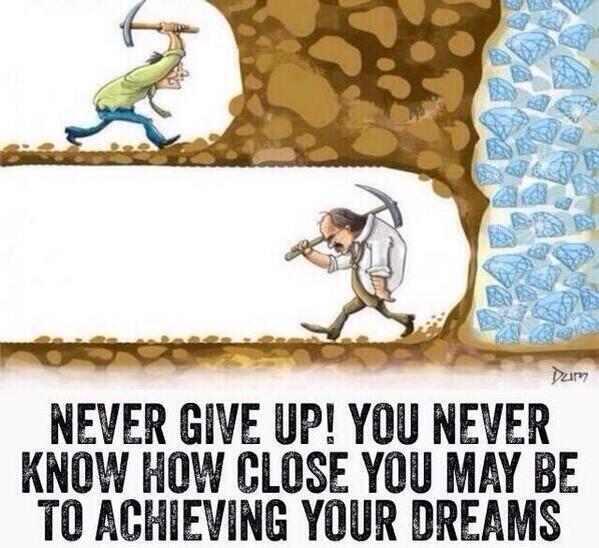
5 minute read
The Power of Posi�ve Rela�onship Building Elaine Le Sueur
The Power of Posi�ve Rela�onship Building
Here’s an interes�ng fact for you.
Advertisement
During the Great Plague of London in 1665, the students at Cambridge university were sent home to con�nue with their studies themselves as a means
of reducing the spread of that pandemic. Social distancing in 2021, nearly four hundred years later, is not a new concept.
The lack of contact with other people can be posi�ve or nega�ve, depending on the situa�on that you find yourself in.
For some of our gi�ed students, the �me to focus on their own interests is a valuable commodity because it is the chance to think, work or rest without being disturbed. As one of those students sent home, Isaac Newton was able to set and follow his own goals for study and crea�vity and the results of his work s�ll are relevant in math, engineering and science today.
Although relaxing and engaging in passive experiences can be enjoyable, our best moments usually occur when our bodies or minds are being stretched to a�ain something that involves challenge, resul�ng in a feeling of accomplishment. The pandemic lock down has made it hard for many because technology o�en makes us feel like we need to be connected 24/7 and we want to spend more �me around people but can’t.
Interes�ng people help us to learn new things and we miss the interac�on. Being alone is not the same as being lonely. Some are more resilient than others and
are content with the solitude, while others find it an impediment to maintaining good mental health.
The Power of Posi�ve Rela�onship Building

Elaine Le Sueur
Where am I going with this?
Well… being back in school is not going to be the same. What has been posi�ve solitude for some, has been loneliness and mental anguish for others. Teachers will be faced with finding ways to help students manage stress and feelings of anxiety and uncertainty in a �me where they are facing the same issues for themselves. With that in mind I would like to offer a handful of strategies to help (and it wouldn’t hurt to put them into ac�on in the staff room as well) …
“They may forget what you said, but they will not forget how you made them feel.”
• Create opportuni�es for students to build up their rela�onships with others through having some ac�vi�es that focus on team building and taking advantage of each others’ skills and abili�es. Start with directed group discussions using random assignment of par�cipants. (byrdseed.com has some great ideas)
• Or try one of my escape room challenges to give your students a workout for their cri�cal thinking skills.
• h�ps://www.teacherspayteachers.com/ Product/The-Chemistry-Escape-RoomChallenge-6737929
• h�ps://www.teacherspayteachers.com/ Product/Escape-Room-PsychologyExperiment-5320379 (Why not click on the follow me tab while you are vsisi�ng to be first to find out about new products?)
• Cul�vate pos�ve thinking. Turn the focus on to the posi�ve things about being able to be back at school. There is plenty of research to back up the hypothesis that a posi�ve outlook has important health benefits. Viewing nega�ve events as isolated incidents that are beyond your control teaches students to start being more op�mis�c.
• (Develop a set of classroom affirma�ons together and display them. Do something nice for a classmate without their knowing. Focus on the job at hand. Be an example to others)
• For a student who needs a bit more help then h�ps://posi�vepsychology.com offers some simple exercises to do with students.
• Cut some slack for both you and your students and find opportuni�es to laugh more. Have each student create a smile a while page with quota�ons and things that make them smile. Share with others and make them smile too. Here is mine…


• Map out a plan together. Set aside regular �mes to allow students to reflect so that they can see where they are headed and be proac�ve learners. Spend a few minutes at the end of each day before dismissing the students, for the class to reflect on anything that has gone well and record/ display them. This has the added advantage of providing aims for the following day. Accept that for some students, just coping one day at a �me is fine if that is as much as they can do, and work towards increasing the focus li�le by li�le. Accept that It takes a while to break the habits that have built up over prolonged isola�on, and encourage others to give themselves credit for small advances. Be�er to try and not succeed at first than to give up and not try at all!
• Set out clear expecta�ons. (Involve everyone in se�ng this up so that there is student ‘buy in’ for compliance and clear, realis�c consequences for non compliance that will be acted on.) This can result in some interes�ng discussions about how your students peceive fairness and unfairness!
• Provide choice wherever you can to make the learning meaningful for each student. There are �mes when it is necessary to assign par�cular work to your students because it will move them forward with key concepts, but it is not helpful for advanced learners to do more of what they already know. (or for any learners!) The goal of differen�a�on is not to make individual lesson plans, but rather to set a balance between teacher choice and student choice so that students learn about making wise choices within a safe environment.
• Save yourself some precious teacher �me with these ac�vi�es for your literacy centre.
• h�ps://www.teacherspayteachers.com/ Product/October-Literacy-Bundle-7290039
• Set rou�nes and maintain them as far as possible to reduce anxiety.
• Know that you are not alone!
When the going gets tough, then seek help from your colleagues. Everyone is in this together.
Wise words from the American novelist, Ann Lamo�…
‘Almost everything will work again if you unplug it for a few minutes, including you.’











